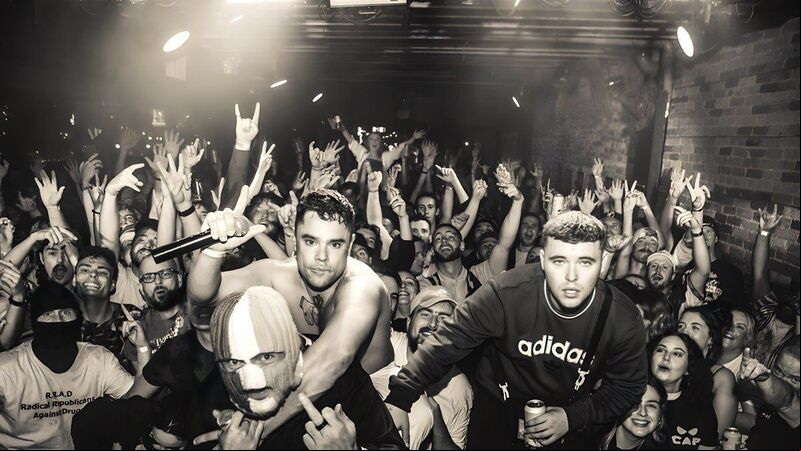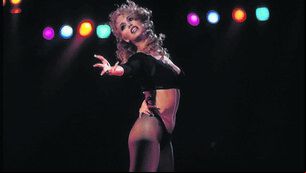Stevie G: Kneecap should not be the story

Kneecap have made a lot of people uncomfortable, but isn’t this one of the prime functions of art, asks Stevie G.
When a band is asked by the Taoiseach to “urgently clarify” statements they made about Gaza and Israel, you’d be forgiven for thinking that they were actual politicians, but Kneecap are a young music group.
I doubt if many of those discussing them these last few weeks can even name one of their tracks, which are not really on mainstream daytime radio here. The band generally operates on the margins of the pop scene.
They have successfully made inroads in to a very tough music industry, and they have been one of the foremost acts to spread love and pride in the Irish language in the last few years.
Their two recent sold-out shows in Cork demonstrated the great energy they bring to their live performances, and, in a recent column here, I mentioned that only a few years previously I was DJing alongside Kneecap in a tiny gym on Proby’s Quay to a small crowd.
Their progress has looked fairly swift, but was built on years of touring and, of course, the excellent recent movie, also named Kneecap, which gives their story a slightly more comic edge.
Writing about Kneecap only months ago here, I mentioned that “hip-hop is a music format that historically never gave a damn about what others thought; but all that has changed in recent times. The most commercially successful music genre in the world is too worried about upsetting people these days, and it makes the success of Kneecap even more refreshing. There are still some rappers not so afraid of hurting their careers, and speaking up (about injustice). Kneecap will continue to do so in 2025!”
At the time, I didn’t realise that they would soon be getting more coverage than Benjamin Netanyahu.
Their pro-Palestinian messaging has been consistent with an active interest in a number of causes, and many of their comments on Gaza have been echoed by not only other artists here, but by politicians, too.
There is something intensely direct about hip hop that always causes unease and much of the recent controversy has been people choosing to literally dissect the words they spoke from the stage regarding Hamas and MPs. The British establishment is very uncomfortable with Kneecap, but Britain and the US are funding the terrible situation in Gaza. Shouldn’t art comment on and question war?
Sinead O’Connor, another Irish artist who was not afraid to speak out, said she wanted to “fight the real enemy”, and it’s fair to say the real enemy here isn’t a bunch of young rappers from Belfast.
Sinead, like Kneecap, was blackballed and boycotted and her words probably hurt her career, but she kept her integrity intact and she remains a symbol of an artist whose defiance was proven right with time.
In Ireland, I grew up in an era when the music stars of the day led the fight against injustice and spoke about the horror of famine and other issues. With mass starvation looming in Gaza, I can’t help but think of the non-stop media coverage of Africa that was propelled by Band-Aid and Live-Aid in the mid-1980s. Ireland patted itself on the back for the amount of money it raised and our big stars, like Bob Geldof and Bono, were front and centre and never afraid to speak up. Both are much quieter these days. As for the rappers all over the world? It’s even more embarrassing. A genre built on fighting injustice and delivering a direct line to the disenfranchised has largely sat back and ignored the most voiceless of people as they continue to starve and die and be murdered.
Kneecap are not the problem here, and they should not be the story.







